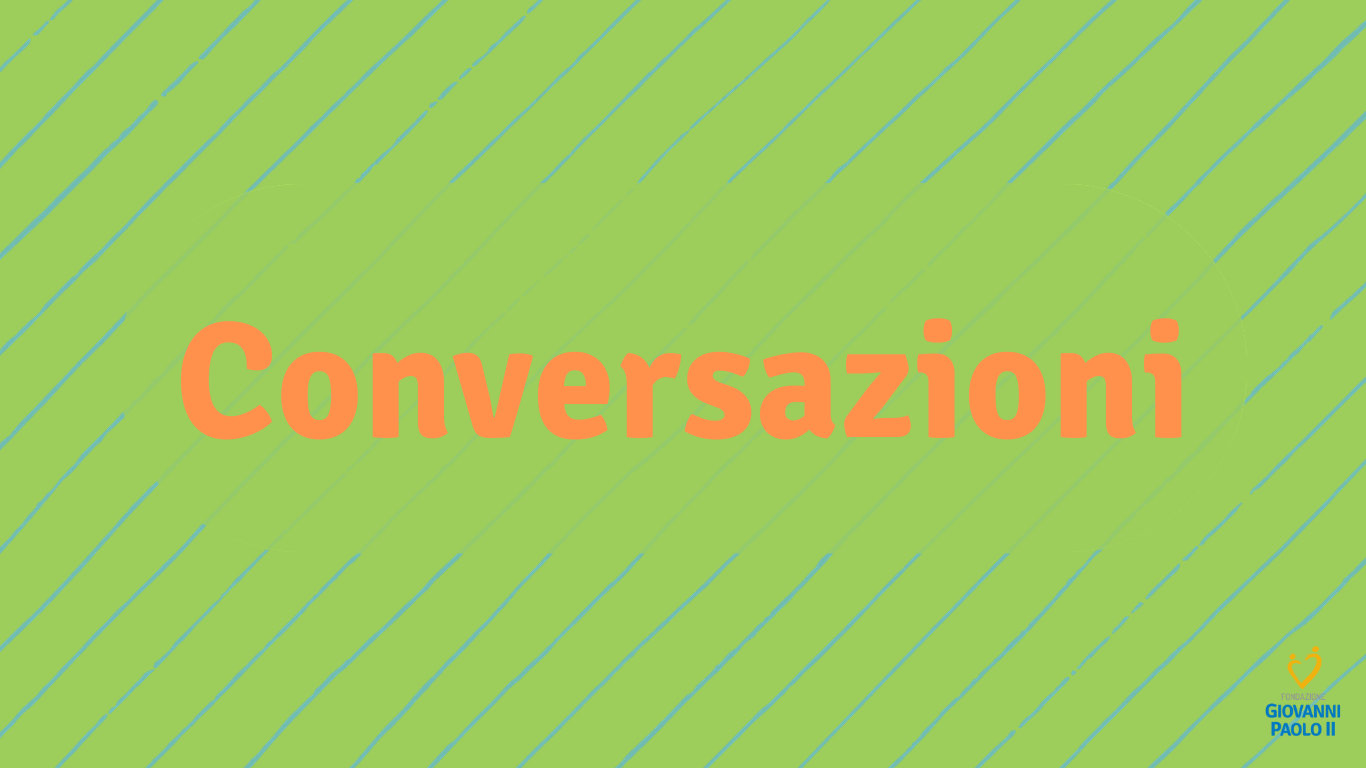
Hamas wages war on Iran
As the catastrophic death toll and destruction caused by the Hamas attack mounts, it becomes clear how right the Israeli authorities were to speak immediately of "war." There will be a way to understand how the preparations for this war could have escaped the spies andintelligence of the Jewish state and Egypt, as well as U.S. satellites. Knowing the Israelis, inquiries will come and they will look no one in the face. Perhaps not even in that of Itamar Ben Gvir, the ultra-nationalist (understatement) Minister of National Security, who is obsessed with protecting Jewish settlements in the West Bank, his electoral base, perhaps even to the point of gutting the border with Gaza.
But what matters to us now is to understand who declared it and why. Hamas, sure. But Mohammed Deif, the military leader of Hamas, is no novice Von Clausewitz. The director who provided the means, suggested the tactics, inspired the strategies and, above all, chose the moment is not in Gaza. On the contrary: he uses Gaza for this which is a proxy war.
The prime suspect isIran. An agreement to normalize relations between Saudi Arabia and Israel, which would complete the map of the Abrahamic Accords at the time devised by the Trump administration, now seemed close. In order to arrive at the signing, mediator Joe Biden prepared broad concessions to the Saudi kingdom: a commitment to defend it in case of aggression and cooperation in the nuclear field. This is something that even the U.S. shudders at: the atomic bomb in Mohammed bin Salman's hands frightens little less than one, hypothetical, in the hands of the ayatollahs. Had the deal gone through, with Saudi Arabia protected by the U.S. military umbrella and endowed with nuclear access, Iran would have lost its golden share in pacifying the region (including in Yemen and Lebanon), and the diplomatic thaw with the Saudis, in turn brokered by Xi Jinping's China, would have become waste paper.
Fulvio Scaglione: has been a professional journalist since 1983. From 2000 to 2016 he served as deputy editor of the weekly "Famiglia Cristiana," and in 2010 he launched the online edition of the newspaper. He has served as Moscow correspondent, closely following the transition of Russia and the former Soviet republics, as well as covering events in Afghanistan, Iraq, and issues related to the Middle East.
"Conversations" is the magazine column of the John Paul II Foundation that brings together viewpoints on current issues, society, economics and culture. The goal is to offer a space for dialogue open to all where everyone is free to express their ideas. If you would like to contribute to the debate send us your article to the email comunicazione@fondazionegiovannipaolo.org
